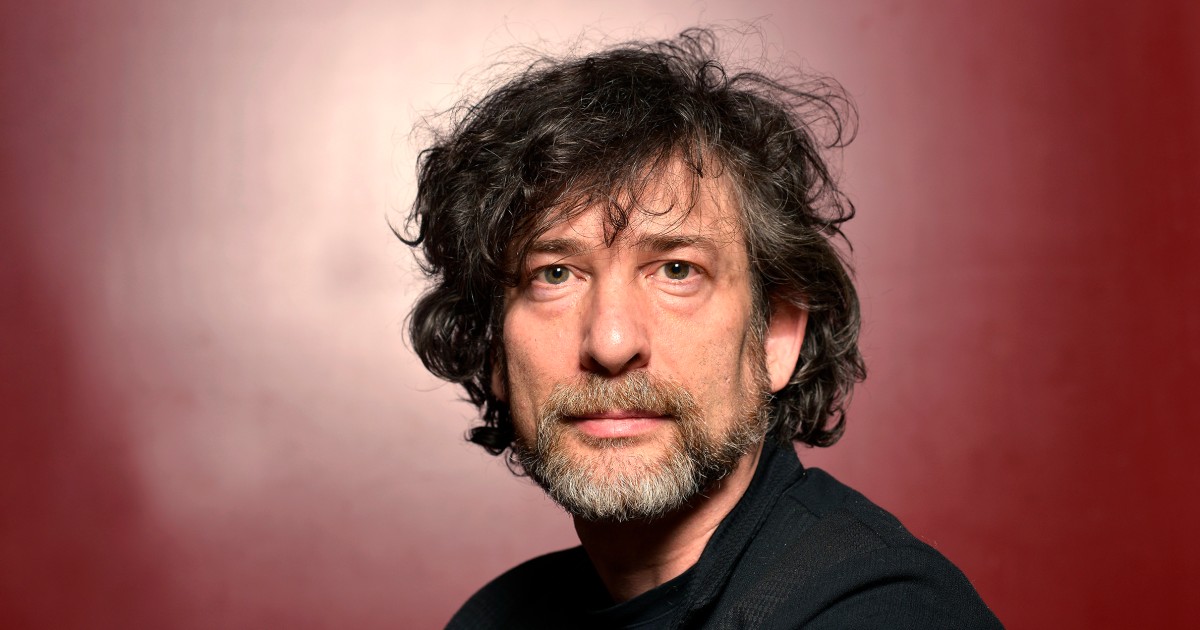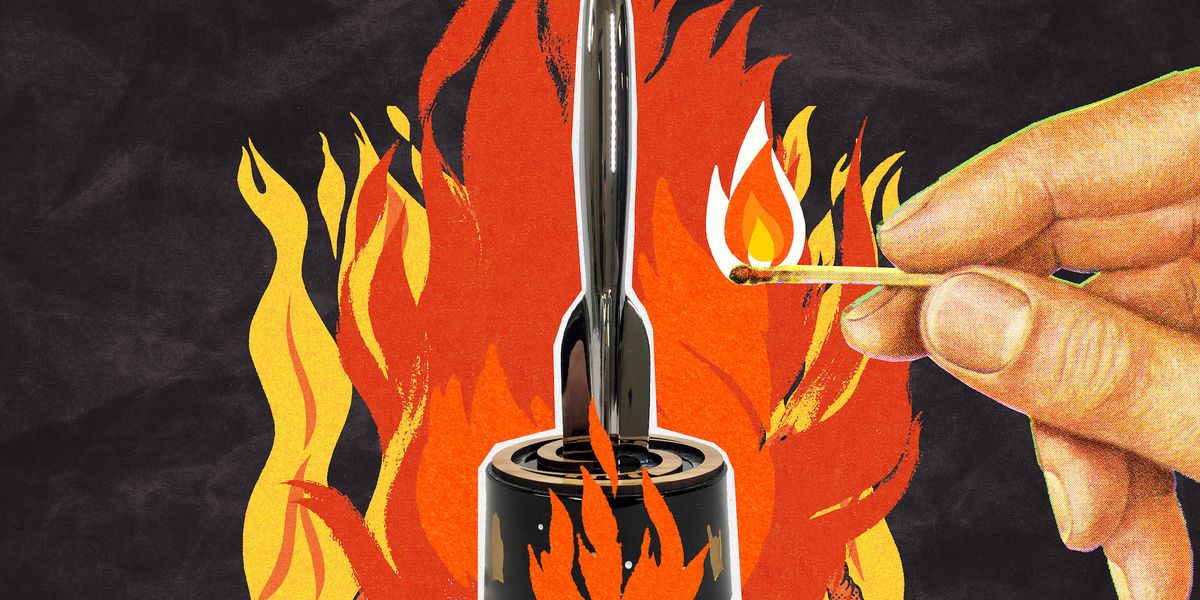




The 2023 Hugo Awards, a prestigious literary award for science fiction and fantasy, faced a major controversy when it was revealed that several works and authors were deemed ineligible after receiving enough votes to be finalists [75dffbdc]. The controversy arose during the 81st World Science Fiction Convention held in Chengdu, China. Speculations emerged that the Chinese government or the awards committee had censored the works, but insiders believe that the executive committee mismanaged the awards and failed to provide an explanation [75dffbdc].
The excluded authors include RF Kuang, author of the bestselling book 'Babel,' an episode of the Netflix drama 'The Sandman,' and Xiran Jay Zhao. Concerns have been raised about interference or censorship in the awards process, with speculation that the exclusions may be politically motivated [e55f7fdd]. Some authors believe they were targeted due to their critical comments about the Chinese government. The head of the 2023 Hugo Awards jury stated that there was no communication between the Hugo administration team and the Chinese government. The organizing committee of Chengdu Worldcon, where the awards were held, did not respond to requests for comment [e55f7fdd].
The controversy has sparked discussions about the need for changes to the World Science Fiction Society constitution and the management of the awards. Dave McCarty, the overseer of the Hugo Awards, faced backlash for his handling of the situation and eventually resigned [75dffbdc]. The incident has raised questions about the credibility and transparency of the Hugo Awards. Despite the controversy, the transparent voting process of the Hugos is praised, and it is hoped that the awards will come out stronger in the future [75dffbdc].
Organizers of the Hugo Awards excluded multiple authors from shortlists last year over concerns their work or public comments could be offensive to China. Emails revealed that they were concerned about how some authors might be perceived in China, where the Hugo Awards were held last year for the first time. The leaked emails show awards organizers detailing potential 'negatives of China' in authors' published works, book reviews, and social media histories. Some authors were disqualified based on their comments about the merits of holding the awards in Chengdu and whether they signed or shared an open letter protesting the location. The vetting process went against the spirit of the Hugo Awards and science fiction itself, according to one author. The emails were released by awards organizer Diane Lacey, who apologized for her role in the vetting process [5b90c8b9].
Amidst the controversy surrounding the 2023 Hugo Awards, science fiction author Ted Chiang has won the PEN/Malamud Award for short story writing [07a33534]. Chiang, known for collections such as 'Exhalation' and 'Stories of Your Life and Others,' has received numerous Nebula, Hugo, and other science fiction prizes. The award committee chair, Jung Yun, praised Chiang's stories for their creativity and construction, as well as their ability to invite readers to think and explore unique worlds. The PEN/Malamud Award is named after the late fiction writer Bernard Malamud and his wife, Ann. Ursula K. Le Guin is the only previous science fiction author to win the PEN/Malamud Award [07a33534].
In a recent article by Samantha Mills, it was revealed that the American/Canadian contingent of the committee vetted potential finalists for political statements relating to China. The leaked emails and validation tables indicated that a significant number of Chinese nominees were removed from the final ballot. Mills expressed embarrassment at being used to further a xenophobic agenda and removed 'Hugo winner' from her bio. She acknowledged that the most affected people were those who should have been honored with a nomination but weren't. Mills also highlighted other important issues, such as the ongoing genocide in Palestine and the conditions in migrant camps on the border [4c1276a3].